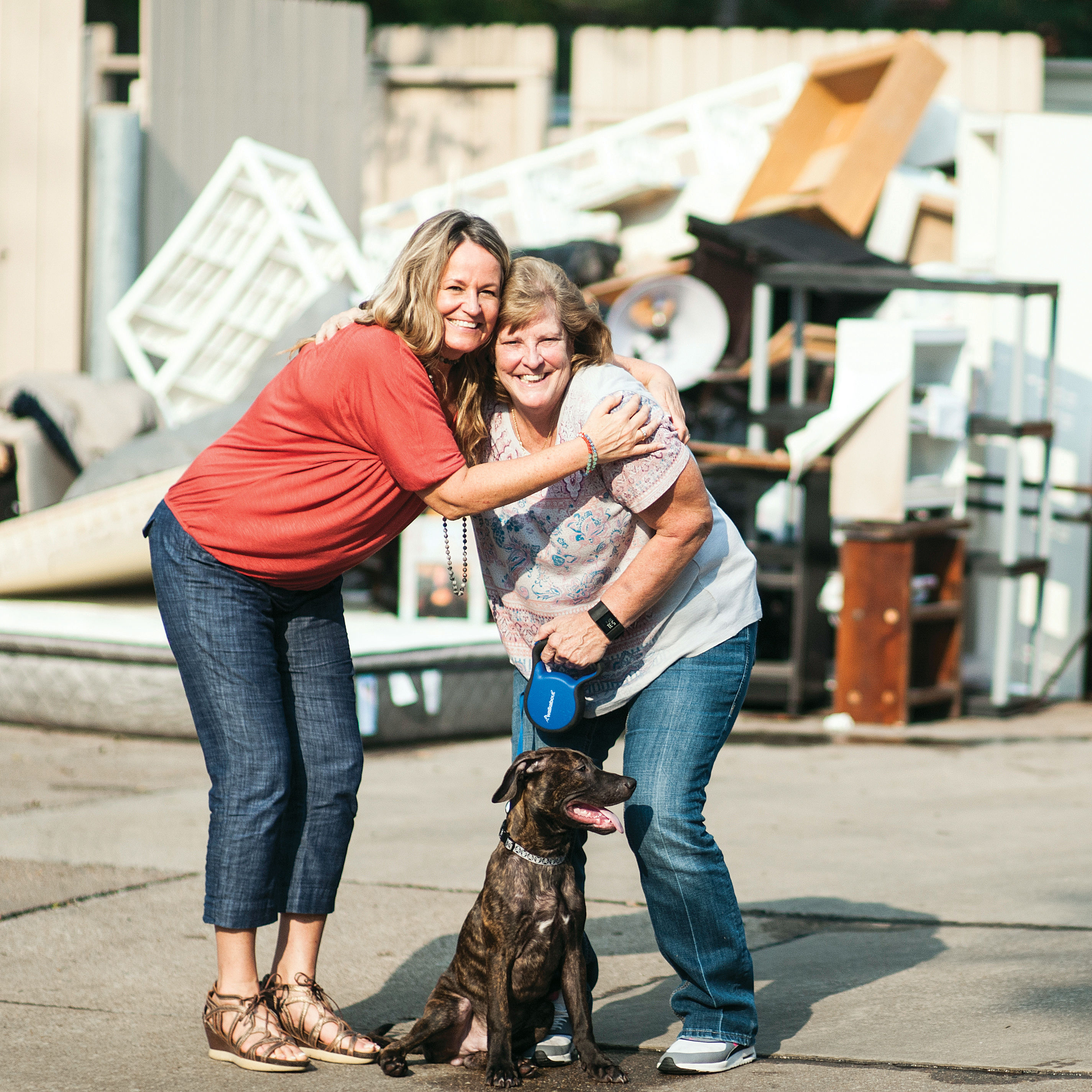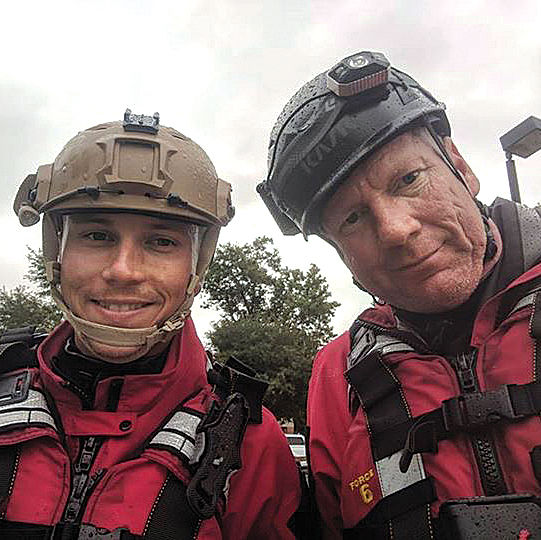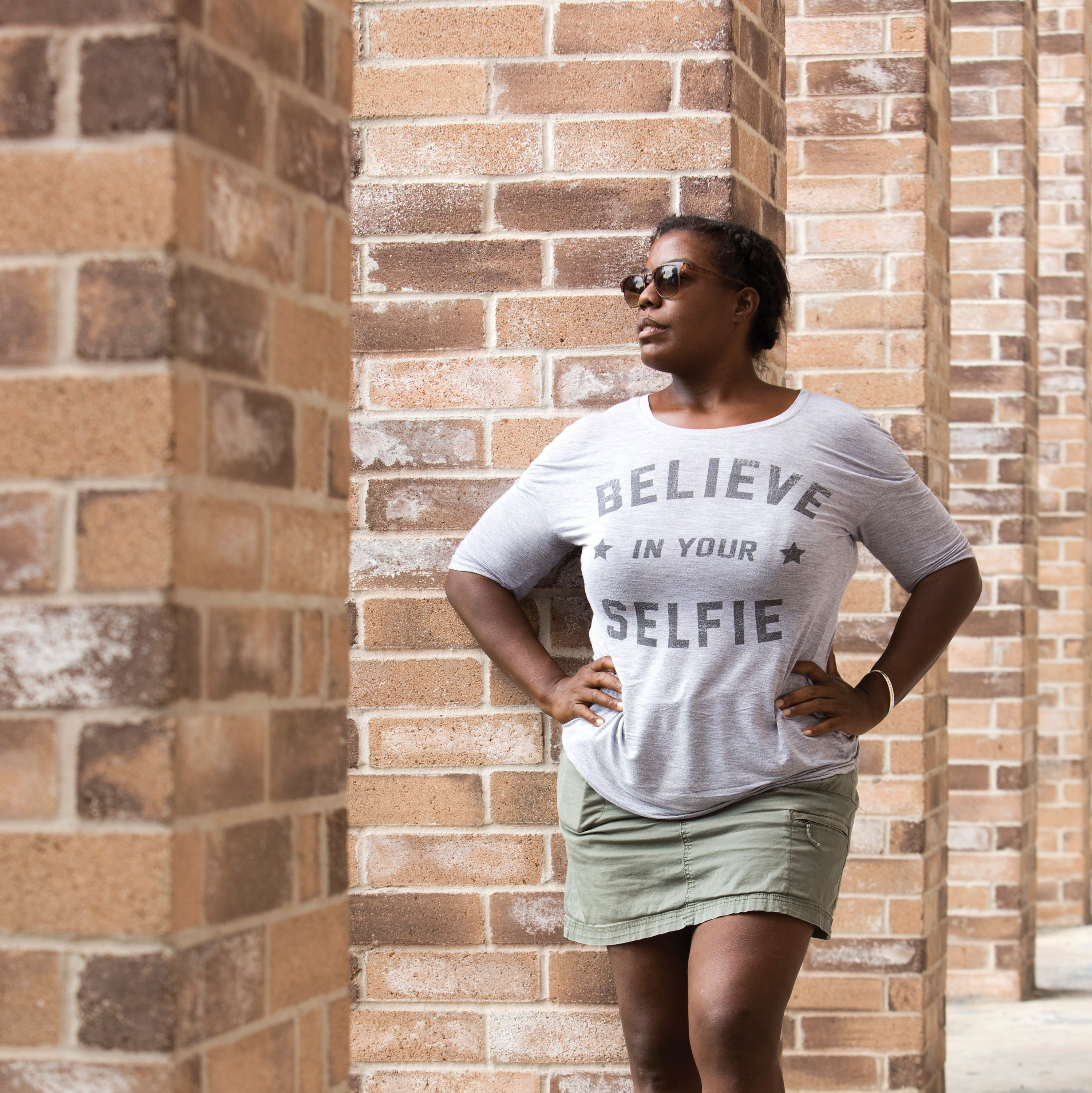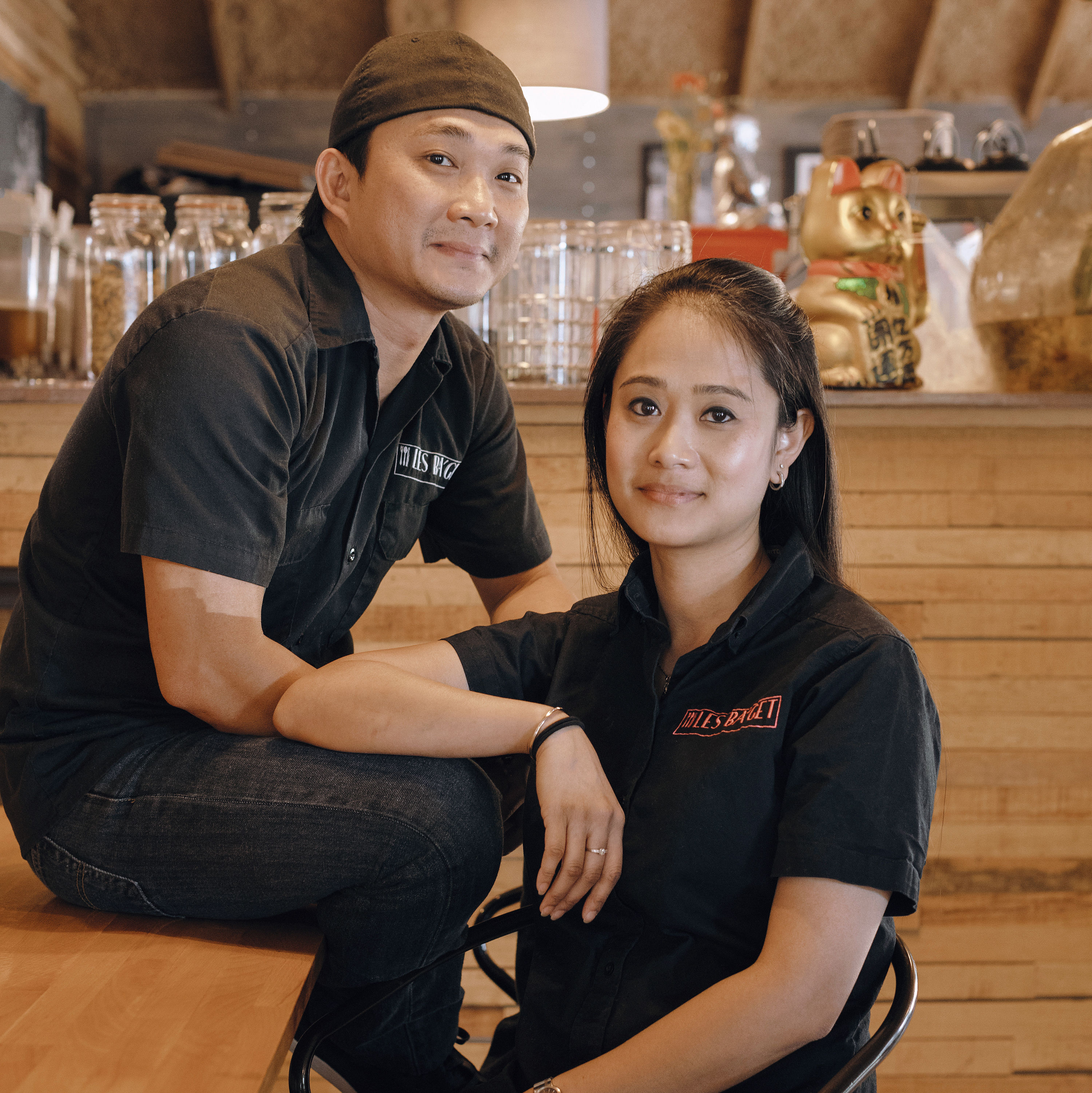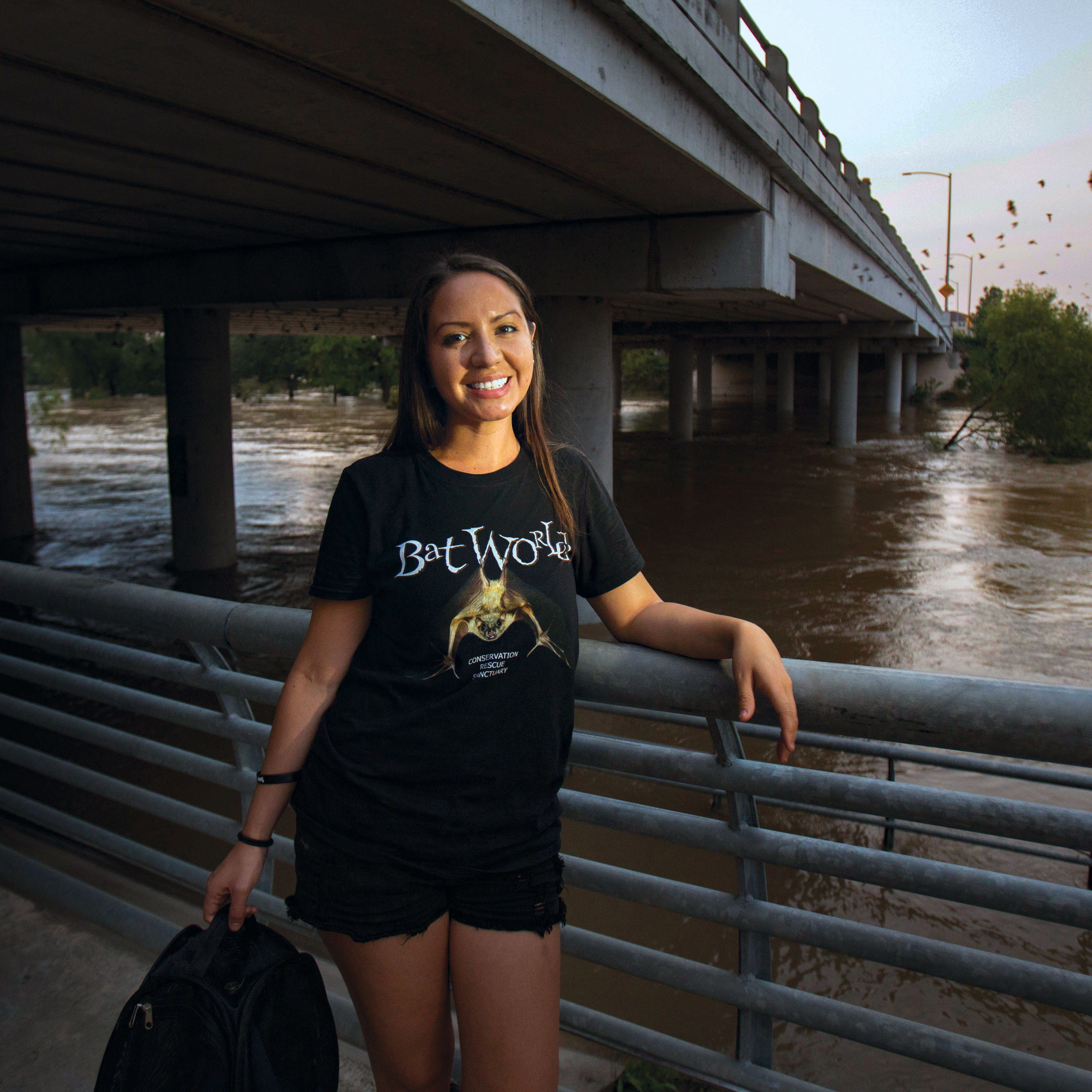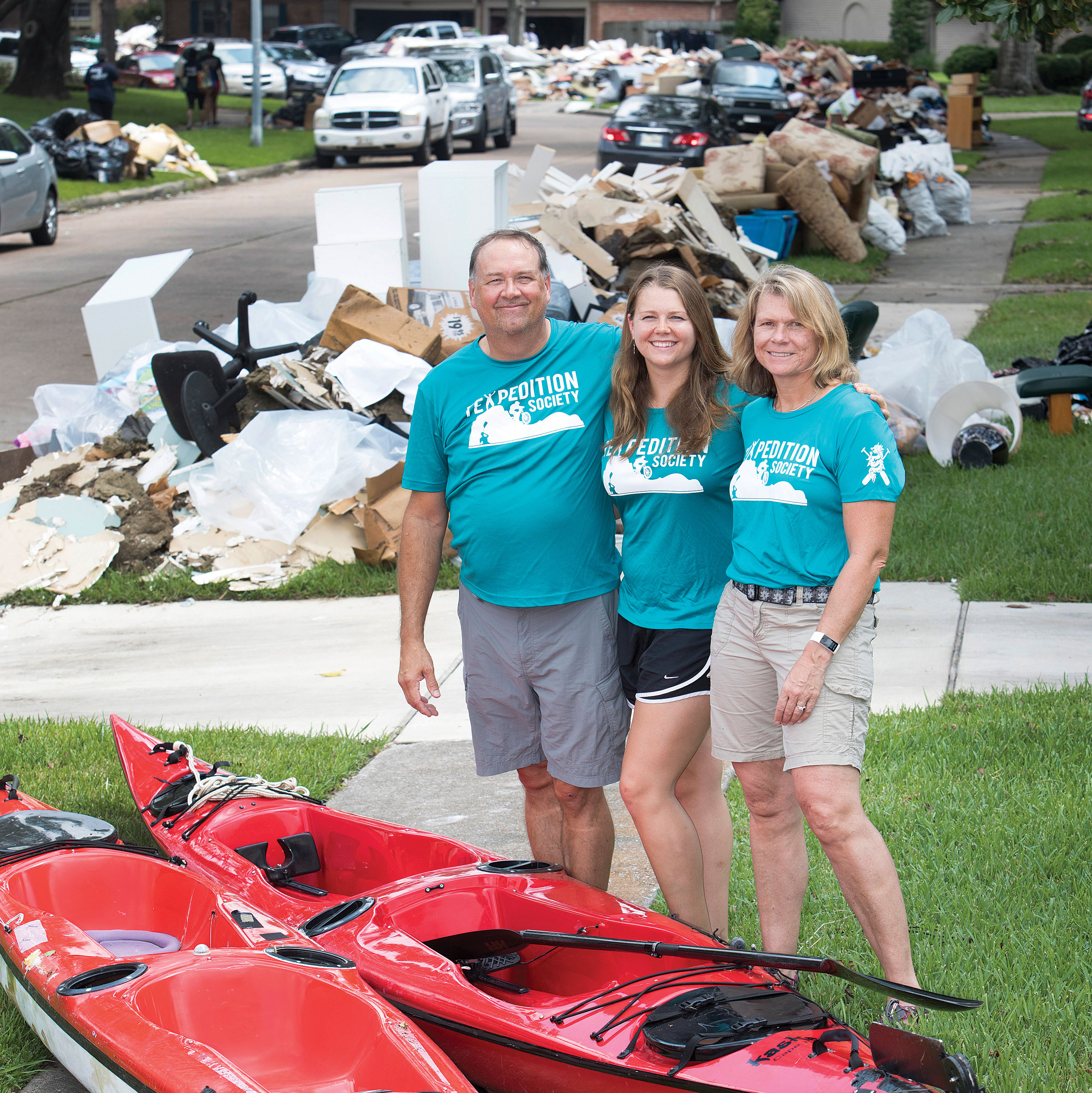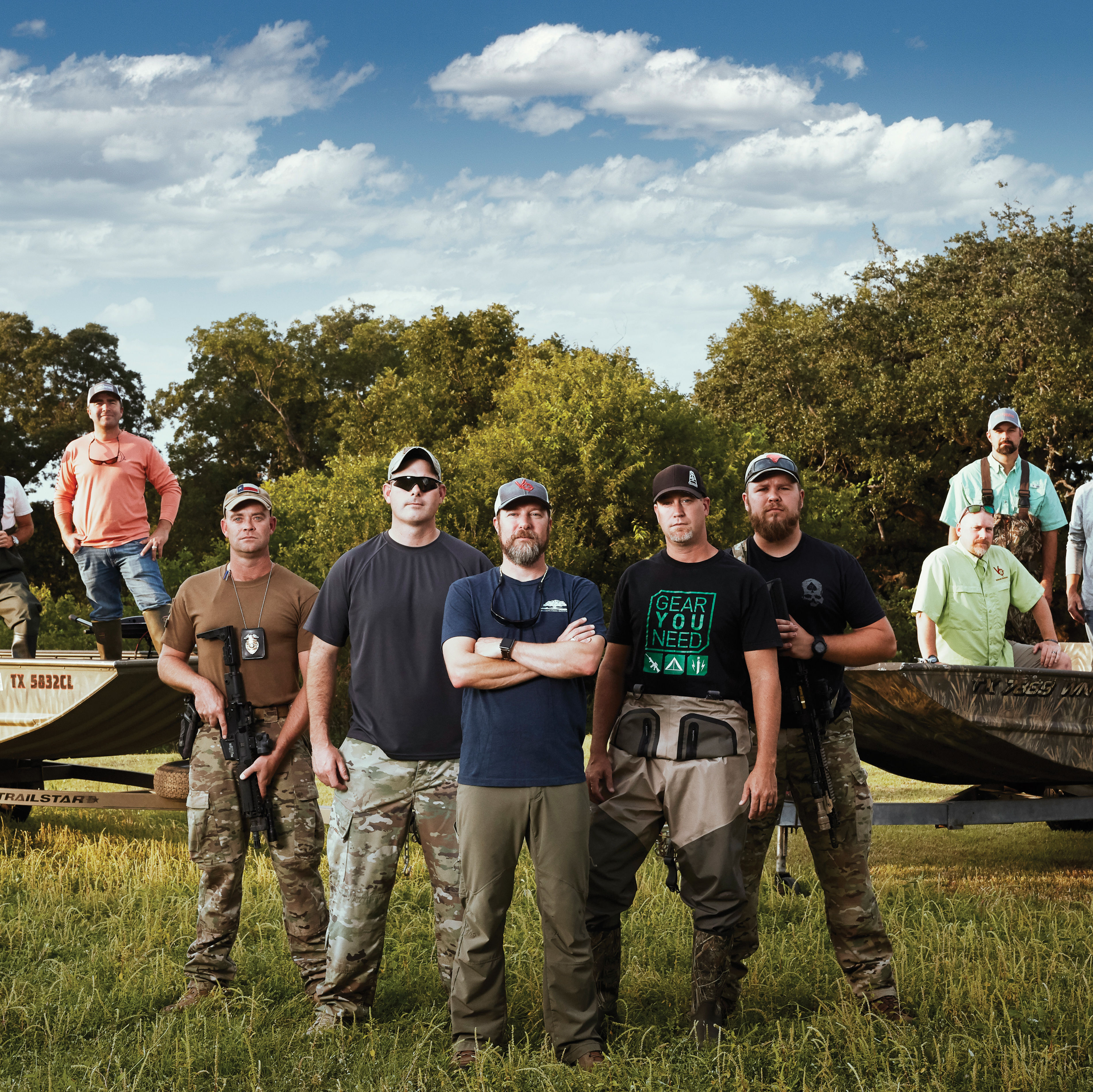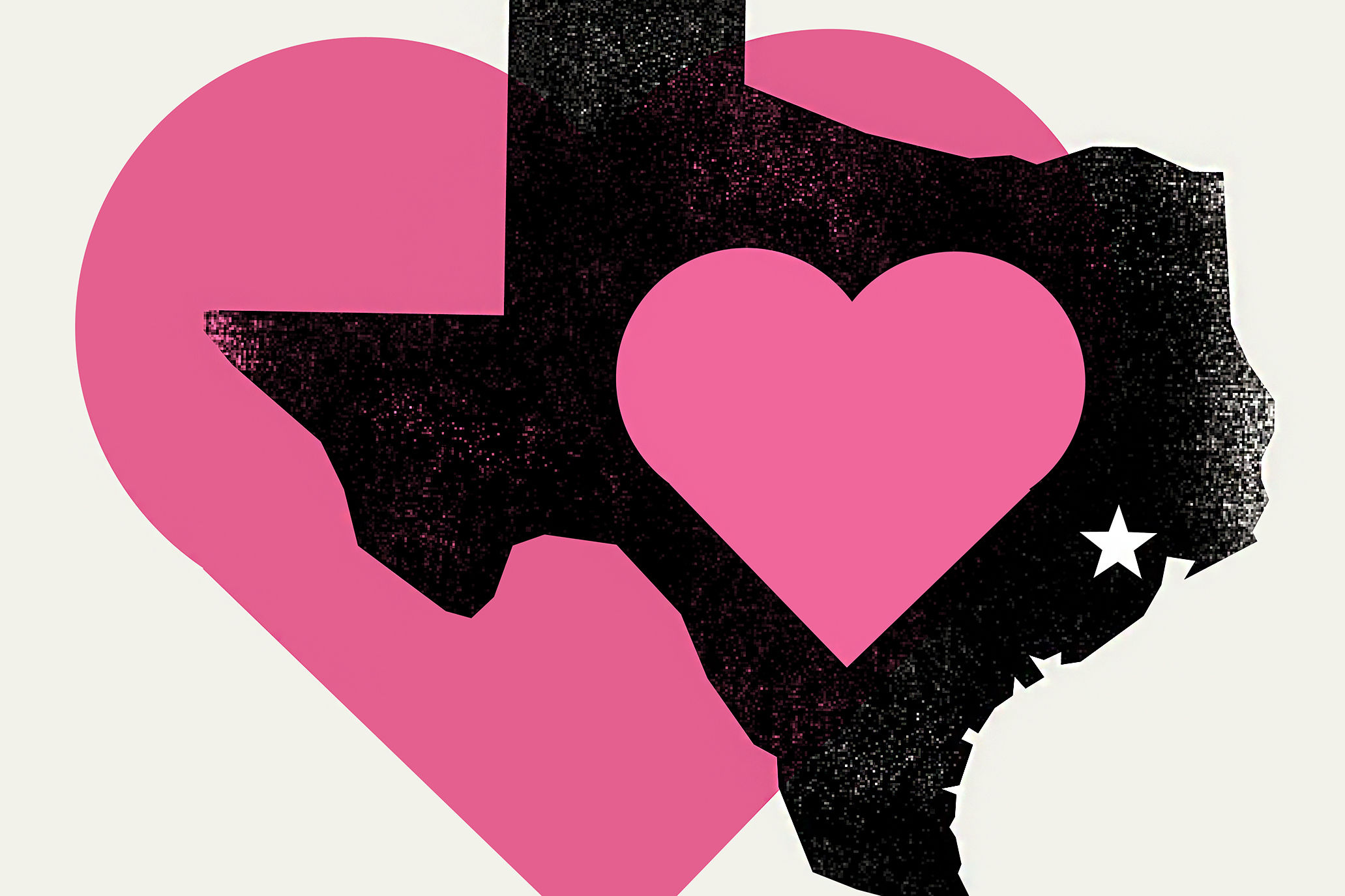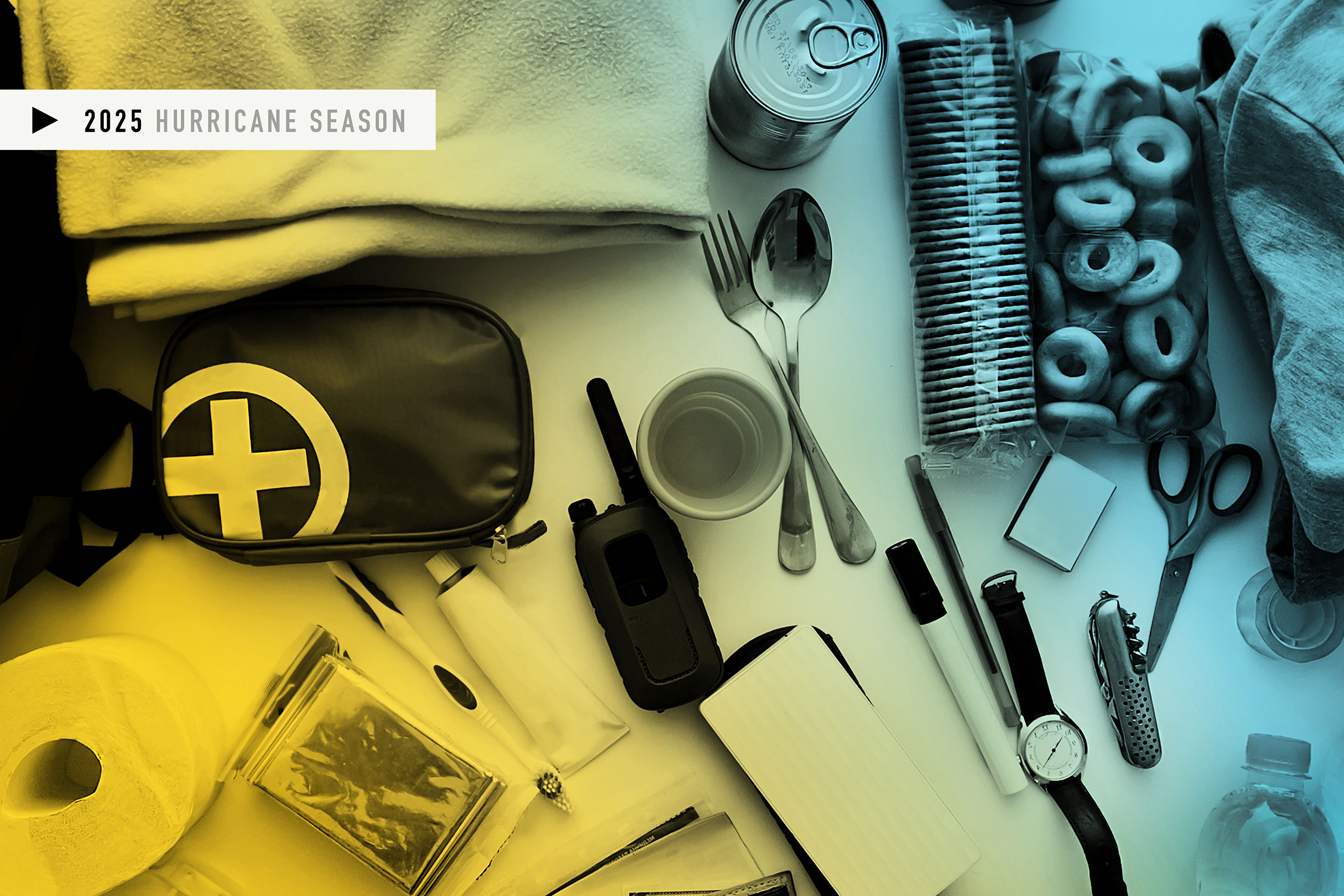Rev. Hannah Terry: In It for the Long Haul
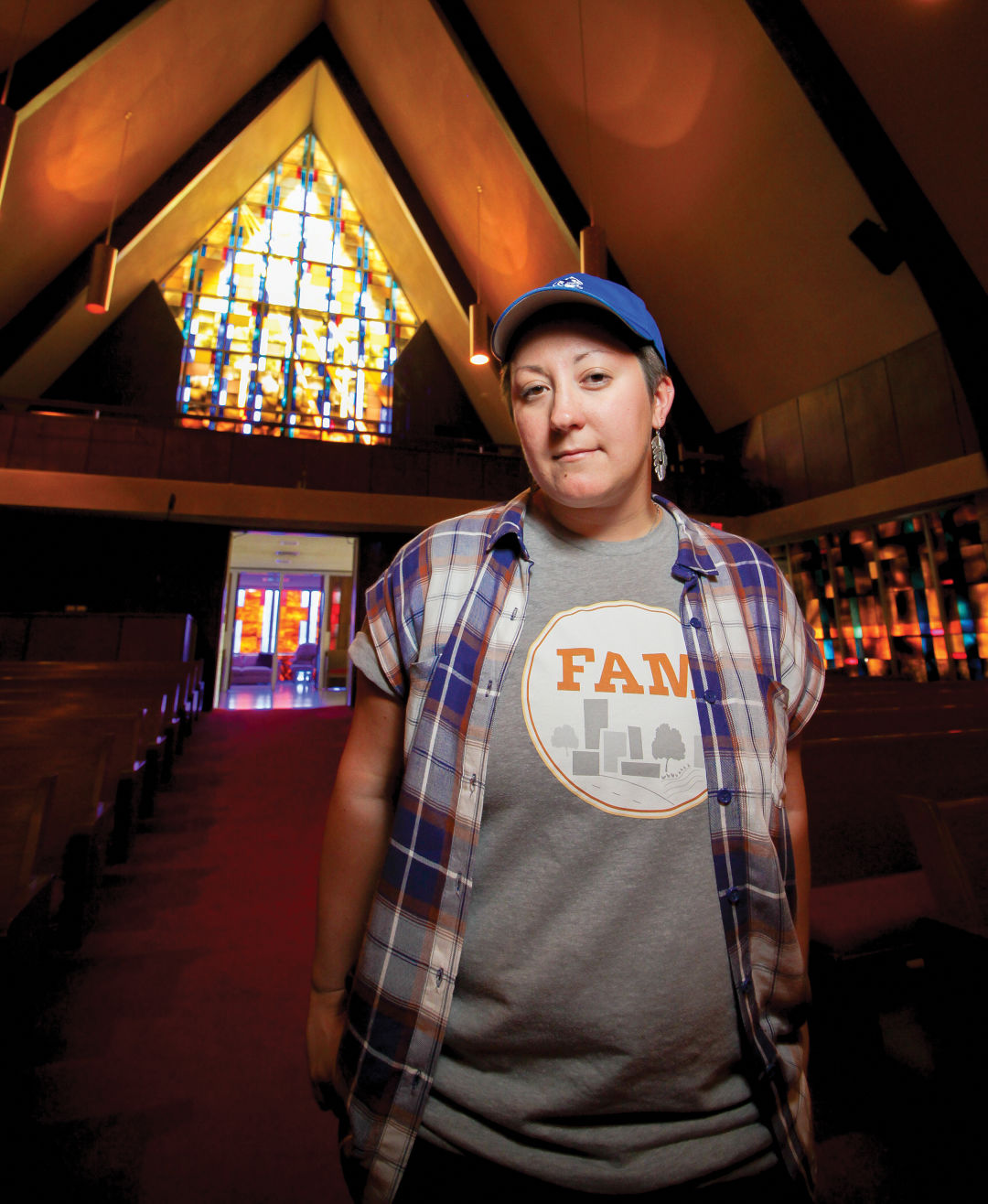
Image: Marco Torres
On Sunday, August 27, Westbury United Methodist Church was—like many Houston churches—unable to hold services, its sanctuary inaccessible due to floodwaters surrounding it on all sides. But by the next day, the waters had receded enough for senior pastor Rev. Danny Yang to open the church as a Wait Station, or temporary shelter, for those in need. Though its own roof was leaking, its own plumbing system strained, Westbury UMC took in evacuees by the dozen, while its staff began preparations for what lay ahead.
“We’ve done this before,” said Rev. Hannah Terry, taking a quick break from coordinating volunteers. “We were a resource center for nine months, dedicated to recovery work from the Memorial Day floods.”
By the first weekend in September, Westbury UMC had used its past experience to pivot from serving as a Wait Station to a volunteer-training-and-coordination center for United Methodist Churches and other groups—including those from Rice, UH, Sharpstown High School, nearby Westbury Baptist, and a Muslim youth group from Sugar Land—looking to send in teams and donations to help out.
And in the church gym, a free childcare camp had been set up a few days prior. “We wanted to love our neighborhood,” explained Terry, “by providing a place for parents who are making calls and cleaning and doing repair work to bring their kids.”
Finding reliable childcare was just one immediate concern, however, for the thousands of low-income families in the area who’d suddenly lost their housing, jobs, vehicles, and crucial access to state services like SNAP.
Through Westbury UMC, Terry also helps run Fondren Apartment Ministry (FAM Houston), which has long worked with the immigrant and refugee population who make up many of the residents living at the apartment complexes along Fondren Road in southwest Houston. And working with apartment complexes after a massive flooding event, said Terry, is “very tricky.”
For one, after Harvey moved east, residents couldn’t just start ripping out damaged sheetrock or carpet from units they didn’t own. In other parts of town, some residents received eviction notices from apartment complexes who claimed their leases were voided, as their flooded apartments were a total loss. Another issue, Terry said, “is that many complexes have not contracted with the city for garbage pickup. So people just start pulling trash out of their apartments, and the city can’t pick it up. As every day goes on, it’s more and more unsafe.”
That wasn’t the only cause for concern. “There’s a lot of elderly people and immigrants—people who are scared, and who don’t have family around.” The seniors, she said, couldn’t move furniture or bags of trash. And so Westbury UMC had been sending out crews daily to see to those who could very easily fall through the cracks, communicating with apartment complex managers to see what cleaning work could be accomplished, assisting residents with obtaining SNAP and WIC benefits, finding reliable transportation, and providing a lifeline to those who were already isolated before Hurricane Harvey came along.
“I visited a refugee family the first day I could leave my apartment complex,” said Terry. “They don’t have any internet, and their phones don’t have any data. They don’t have a TV.” All they knew of the devastation across Houston, at that point, was that it had rained really hard.
For those people and many others in the area, Terry explained, Westbury UMC and FAM plan to operate as a neighborhood relief center, for as long as it might take to achieve some semblance of normalcy. “We’re committed to this for the long haul,” she said. “We’re still trying to articulate the long-term effects and needs … but we love Houston and our neighbors so much. This is our city.”


